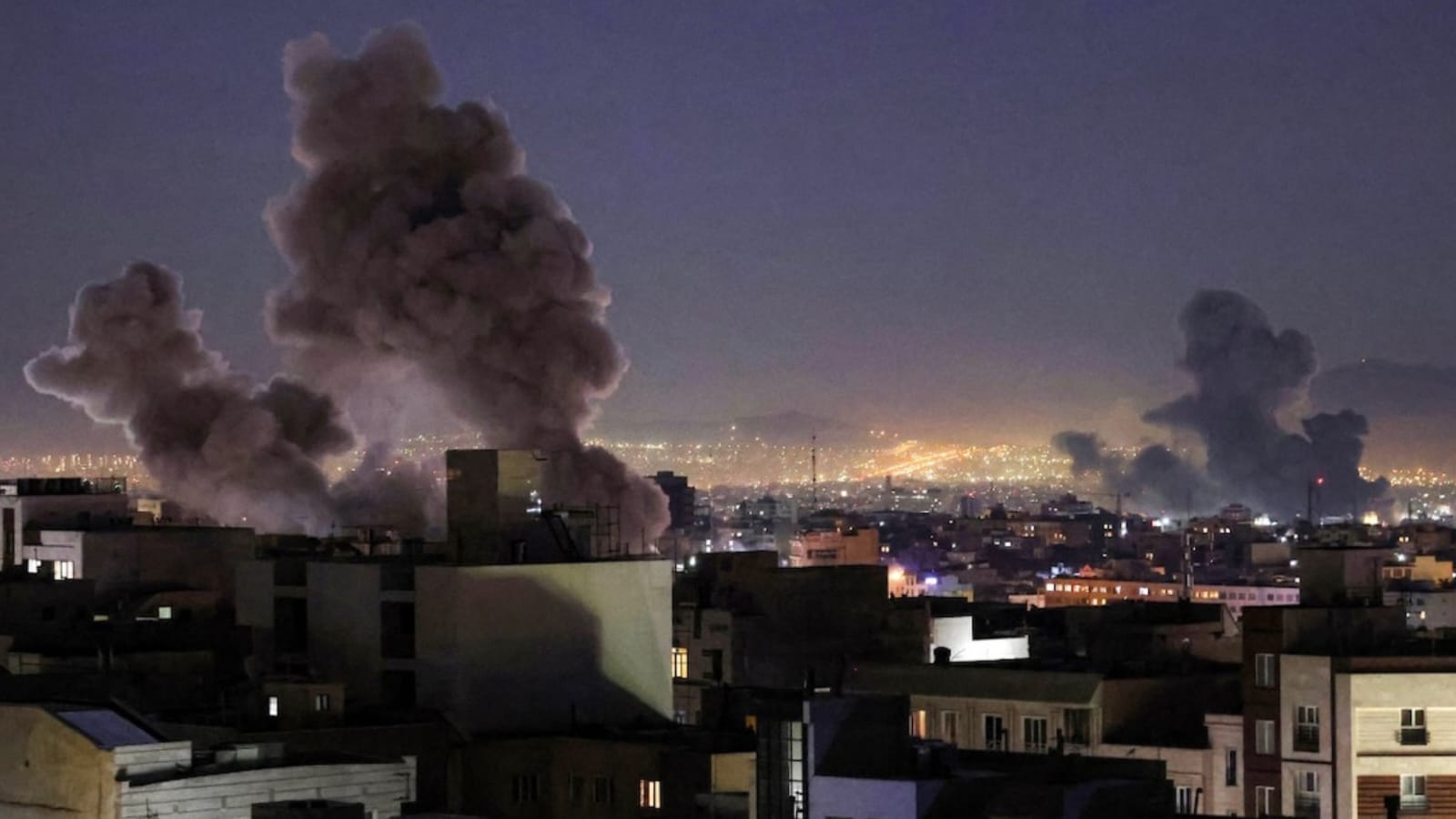Operation Mahadev: Pahalgam Attack Leader Killed in Kashmir Encounter

A major counter-terrorism operation in Jammu and Kashmir brought significant results this week as Indian security forces eliminated three terrorists in an encounter near Srinagar. One of the killed terrorists, identified as Sulieman alias Asif, is believed to be the main planner behind the April 2025 Pahalgam terror attack, which had left 27 people dead, most of them tourists visiting the scenic Baisaran meadows.
The operation was carried out under the codename Operation Mahadev by India’s elite Para Special Forces along with the Jammu and Kashmir Police and other armed forces. This joint action took place in a forested area near Harwan, close to Dachigam National Park, just outside the city of Srinagar.
The news was confirmed by officials from both the Army and police, and shared by several news agencies including PTI and the Times of India. This marks a major step in India’s ongoing battle against terrorism in the Kashmir region.
Mastermind of April 22 Pahalgam Attack Identified and Killed
Among the three terrorists neutralised, the most wanted was Sulieman Shah, also known by the alias Asif. He was the main brain behind the horrific April 22 attack in Pahalgam, where gunmen had opened fire on unsuspecting tourists. This tragic event shocked the entire nation and drew condemnation from all corners of India and the international community.
Sulieman is believed to have crossed into India illegally with the help of cross-border terror networks. He stayed in the valley with the support of local operatives and used forged identity documents. His death now ends months of pursuit and surveillance by intelligence agencies and ground forces.
Along with him, two more terrorists were also killed in the same operation. One of them, named Jibran, is suspected to have played a major role in a different attack last year — the Sonamarg Tunnel assault in October 2024, which also led to multiple casualties. The third terrorist was identified as Hamza Afghani, whose identity is still under review but initial reports suggest he was a foreign national.
How Operation Mahadev Was Launched
The Indian Army received specific intelligence about the movement of these terrorists in the forested areas near Srinagar. A satellite phone intercept linked to the April Pahalgam attackers provided an important clue, allowing the forces to narrow down their location.
Acting swiftly, elite para commandos of the Army, along with CRPF units and local police, launched a carefully planned raid under the codename Operation Mahadev. The codename was inspired by the name of the Mahadev mountain range nearby, and it was chosen for this particular terrain-based operation.
As per reports, the terrorists were found resting in a temporary tent when they were ambushed. The operation was intense but completed within a few hours. All three terrorists were killed on the spot. No casualties were reported among the security forces, which is being seen as a sign of efficient planning and flawless execution.
Weapons and Evidence Collected from the Site
After the operation ended, security forces searched the area and found a significant cache of weapons and other items. Among them were an M4 carbine rifle, two AK rifles, and a large quantity of ammunition and grenades.
Security officers also found evidence that the group had links to foreign handlers. Items recovered included chocolates manufactured in Pakistan, Pakistani voter ID cards, and satellite phone devices. These items are now key pieces of evidence that will help national agencies confirm the foreign origins of the attackers.
The recovered weapons and identification documents were handed over to Jammu and Kashmir Police. They will now be used in further investigations by agencies including the National Investigation Agency (NIA).
Official Statements and Public Response
Senior officials of the Jammu and Kashmir police, as well as Army representatives, confirmed the operation and stated that the identities of the terrorists were verified by their records and with help from arrested local contacts.
The Inspector General of Police (IGP) VK Birdi described it as a “long-drawn operation” that required several weeks of planning, based on strong intelligence gathered from multiple sources.
A post on social media by the Army’s Chinar Corps confirmed the encounter and praised the troops for their bravery and precision.
India’s Home Minister Amit Shah also addressed the incident in Parliament. He referred to the Pahalgam attack as one of the most inhuman and brutal attacks in recent memory. He said that the terrorists had deliberately targeted innocent tourists, including women and children, with the aim of spreading fear. He also added that the Government of India will continue to work with maximum force to eliminate terrorism from the region.
Reaction from Families of Victims
For the families of those who died in the April Pahalgam massacre, this operation came as a moment of emotional closure, even though the pain of their loss remains.
Some families, like that of Sabari Guha, said that the elimination of the mastermind gave them “a sense of justice,” but they hoped that all others responsible would also be caught or killed. “This is just the beginning,” Sabari said, adding that no punishment could truly bring back what they lost.
Another grieving widow, Soheni Adhikary, said that while justice is welcome, her personal grief and loneliness cannot be healed with news like this. These reactions reflect the complex emotions faced by families caught in such tragic events.
Legal Steps and Investigation by NIA
While the operation is complete, the investigation is far from over. The National Investigation Agency (NIA) has now taken over the case. Their job is to go through every detail of the encounter, confirm the identities of the terrorists, and ensure that all procedures were followed properly.
The bodies of the terrorists have been handed over to the police and were buried under strict security. The NIA will also conduct interviews with local witnesses and check call records, digital devices, and other material found at the scene.
They are also trying to find out if any other members of the terror network are still hiding in the region. Additional troops have been deployed in the forest areas around Srinagar to prevent any escape or regrouping of other terrorists.
What This Means for National Security
The success of Operation Mahadev is being seen as a strong message to terror groups and their sponsors. It shows that Indian security forces are not only well-equipped but also capable of launching fast and successful missions deep in difficult terrain.
The use of technology, like satellite phone tracking and electronic surveillance, played a big part in this operation. It highlights the new methods being used by Indian forces to fight modern-day terrorism.
This operation also comes just a few months after Operation Sindoor, where India struck terror camps across the border in a secret military response. Together, these two operations signal a strong and consistent counter-terror strategy by India.
Security experts believe that more such operations are likely in the future, especially as the situation in Kashmir remains tense. The government is also expected to increase its intelligence and surveillance efforts across the valley.
Operation Mahadev Sends a Strong Message Against Cross-Border Terrorism
Operation Mahadev is a clear example of how India is adopting modern tools and high-level coordination between its agencies to fight terrorism. By eliminating the planner of the Pahalgam attack, India has not only avenged the victims but also delivered a message that terror will not go unanswered.
The region remains under watch, but the sense of success among the security forces and the hope for peace among the people of Kashmir has grown stronger with this breakthrough.







